Publications
Today, 55% of the world’s population lives in urban areas, a proportion that is expected to increase to 68% by 2050. Projections show that urbanization, the gradual shift in residence of the human population from rural to urban areas, combined with the overall growth of the world’s population could add another 2.5 billion people to urban areas by 2050, with close to 90% of this increase taking place in Asia and Africa, according to a new United Nations data set launched today.
The 2018 Revision of World Urbanization Prospects produced by the Population Division of the UN Department of Economic and Social Affairs (UN DESA) notes that future increases in the size of the…
If the world is to eradicate poverty, address climate change and build peaceful, inclusive societies for all by 2030, key stakeholders, including governments, must drive implementation of the Sustainable Development Goals (SDGs) at a faster rate, according to the The Sustainable Development Goals Report 2017, launched by UN Secretary-General Antonio Guterres.
Using the most recent data available, the annual Sustainable Development Goals Report provides an overview of the world’s implementation efforts to date, highlighting areas of progress and areas where more action needs to be taken to ensure no one is left behind. The Sustainable Development Goals Report 2017report found that…
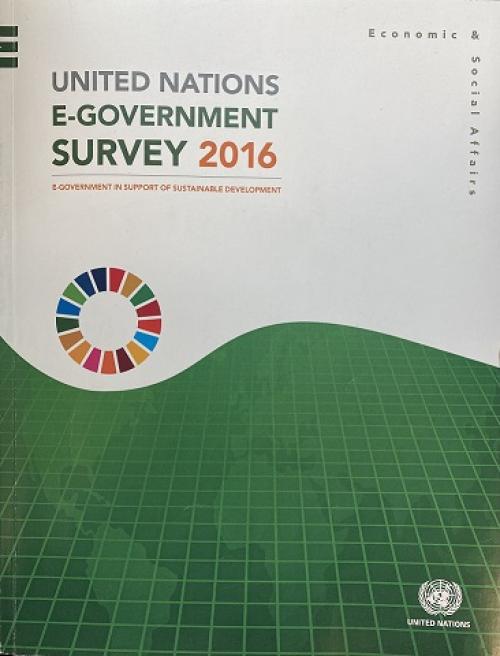
The United Kingdom, followed by Australia and the Republic of Korea, lead the world in providing government services and information through the Internet, e-government, according to a new survey released today by the United Nations showing the progress of nations in promoting e-government.
The 2016 UN E-Government Survey provides new evidence that e-government has the potential to help support the implementation of the 2030 Agenda and its 17 sustainable development goals (SDGs).
The Survey found that United Kingdom has pursued continued development on e-government innovation, and its Government Digital Service has been replicated by other countries around the…
Launching the first-ever Sustainable Development Goals report on the new global development agenda adopted in 2015, Secretary-General Ban Ki-moon said that the 15-year undertaking was “off to a good start” but would require all parts of the UN family and its partners to work together.
“We have embarked on a monumental and historic journey,” the Secretary-General told the UN High-level Political Forum on Sustainable Development (HLPF), which opened on 11 July and ended on 20 July 2016, at the UN Headquarters in New York.
“We must all learn, in national governments, in local authorities, in business and civil society, and also at the United Nations, to think differently,” he…
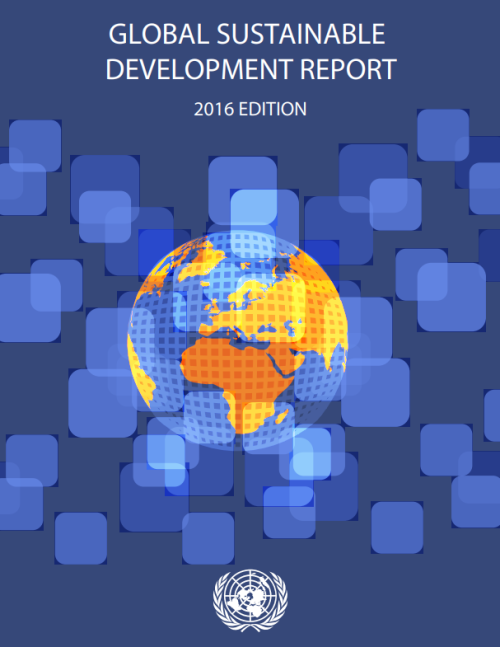
Understanding of the scientific basis for action will be needed to achieve the ambitious and transformative goals of the 2030 Sustainable Development Agenda, according to a new report issued by the United Nations today during the High-level Political Forum on Sustainable Development.
According to the Global Sustainable Development Report 2016, key elements of the 2030 Agenda –such as what it will take to ensure that no one will be left behind — have yet to be thoroughly scientifically researched. The report finds that the new agenda requires asking different questions, many that have not yet been answered by the research.
The report, an assessment of a broad array of…
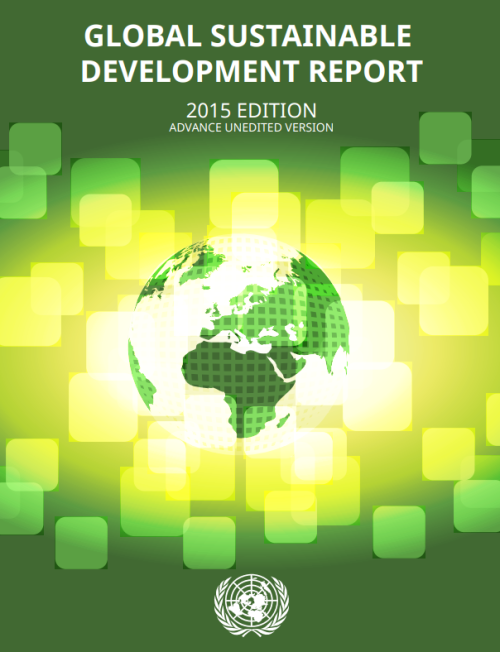
A new United Nations flagship report launched today finds that solutions to the challenges to people and planet must build on clear scientific findings in order to be sustainable. “The successful implementation of the new sustainable development agenda requires a strong scientific foundation that is understood by policymakers,” said Wu Hongbo, UN DESA’s Under-Secretary-General, referring to the proposed 17 sustainable development goals, scheduled for adoption in September in New York.
The 2015 Global Sustainable Development Report, an intergovernmental-mandated report on the science-policy interface for sustainable development, was presented to UN Member States at the High…
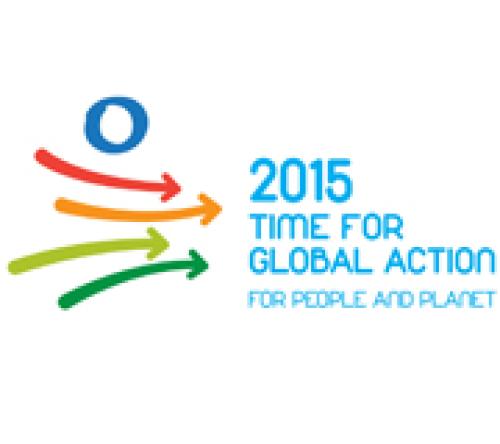
Calling for inclusive, agile and coordinated action to usher in an era of sustainable development for all, Secretary-General Ban Ki-moon on 4 December presented the UN General Assembly with an advance unedited version of his “synthesis report,” which will guide negotiations for a new global agenda centred on people and the planet, and underpinned by human rights. The report was formally issued in the six official UN languages on 31 December 2014.
“Next year, 2015, will herald an unprecedented opportunity to take far-reaching, long-overdue global action to secure our future well-being,” Mr. Ban said as he called on Member States to be “innovative,…
Today, 54 per cent of the world’s population lives in urban areas, a proportion that is expected to increase to 66 per cent by 2050. Projections show that urbanization combined with the overall growth of the world’s population could add another 2.5 billion people to urban populations by 2050, with close to 90 percent of the increase concentrated in Asia and Africa, according to a new United Nations report launched today.
The 2014 revision of the World Urbanization Prospects by UN DESA’s Population Division notes that the largest urban growth will take place in India, China and Nigeria. These three countries will account for 37 per cent of the projected growth of the world’s urban…
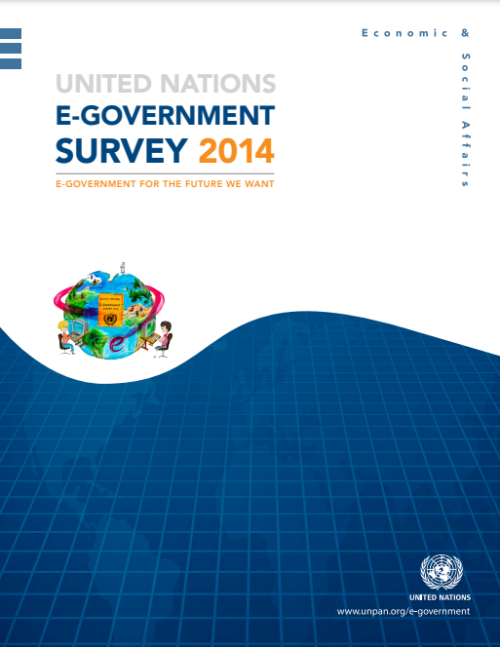
E-government—digital interactions between governments and people—varies greatly among and within regions, but most countries are making progress on providing greater access, according to the 2014 UN E-Government Survey launched today. The findings show that the Republic of Korea tops the global e-government ranking, and that Europe remains first among regions.
The report also shows that many countries are expanding electronic participation, utilizing more mobile and social media tools, expanding usage and making more government data available online. However, challenges remain, such as lack of resources, digital inequalities and a lack of leadership for e-government.
“E-…
Africa and Asia together will account for 86 per cent of all growth in the world’s urban population over the next four decades, adding that this unprecedented increase will pose new challenges in terms of jobs, housing and infrastructure. Africa’s urban population will increase from 414 million to over 1.2 billion by 2050 while that of Asia will soar from 1.9 billion to 3.3 billion, according to the 2011 Revision of the World Urbanization Prospects, produced by the UN Population Division of the Department of Economic and Social Affairs (DESA).
The largest increases in urban population are expected in the following countries: India, China, Nigeria, the United States and Indonesia…
“The increasing role of e-government in promoting inclusive and participatory development has gone hand-in-hand with the growing demands for transparency and accountability in all regions of the world,” said Sha Zukang, UN DESA Under-Secretary-General in the newly released United Nations E-government Survey 2012.
The survey, prepared by UN DESA’s Division for Public Administration and Development Management, assesses Member States’ government web portals with a focus on the provision of e-information and e-services; these services include interactive, transactional, and e-participation features that connect governments and citizens.
Member States are ranked in accordance…
The 2010 United Nations e-Government Survey: Leveraging e-government at a time of financial and economic crisis was completed in December 2009 and launched in early 2010. The report presented various roles for e-government in addressing the ongoing world financial and economic crisis. The public trust that is gained through transparency can be further enhanced through the free sharing of government data based on open standards.
 Welcome to the United Nations
Welcome to the United Nations